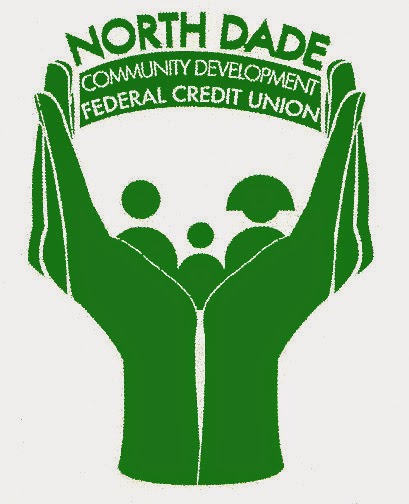The unfolding Financial Pacific insider trading securities scandal, in the Republic of Panama, is alleged to have resulted in millions of dollars in illicit profits, for former President Ricardo Martinelli, and several of the ministers in his Cabinet. Since it is reasonable to assume that the guilty parties have previously transferred their criminal proceeds out of Panama, and into accounts in banks located in North America, and in other jurisdictions, it is suggested that you run the names of the Martinelli ministers.
Should any of these individuals happen to be current bank clients, you will want to take a hard look at their accounts. If there have ever been funds on deposit in excess of the known estimated income and assets of the client, you should consult bank counsel for advice forthwith, for you may have a duty to report to regulatory authorities, and where appropriate, exit account relationships. It is imperative that you have records that verify Source of Funds for any Panamanian PEPs that you are banking.
These are the ministers of state who were listed officeholders when Martinelli left office earlier this year:
(1) Oscar Armando Osorio, Minister of Agriculture.
(2) Romulo Alberto Roux Moses, Minister of Canal Affairs.
(3) Ricardo Quijano Jimenez, Minister of Commerce.
(4) Frank de Lima, Minister of Economy.
(5) Lucinda Molinar, Minister of Education.
(6) Franklin Vergara, Minister of Health.
(7) Carlos Alberto Duboy Sierra, Minister of Housing.
(8) Jorge Ricardo Fabrega, Minister of Government.
(9) Demetrio Papadimitriu, Minister of the Presidency.
(10) Jose Raul Mulino Quintero, Minister of Public Security.
(11) Federico Jose Suarez, Minister of Public Works.
(12) Giselle de Calcagno, Minister of Small & Medium Enterprises.
(13) Antonio Ferrufino Benitez. Minister of Social Development.
(14) Alma Lorena Cortes Aguilar, Minister of Labor.
(15) Ana Isabel Belfon Vejas, Attorney General.
(16) Dario Berbey, Manager, National Bank of Panama.
(17) Mario Jaramillo, Ambassador of Panama to the United States.
(18) Pablo Antonio Thalassinos, Permanent representative to UN.
You should also note that corrupt public officials in Panama often use corporations to hide their illicit wealth, and have been known to list close family members as corporate officers and directors.


















































